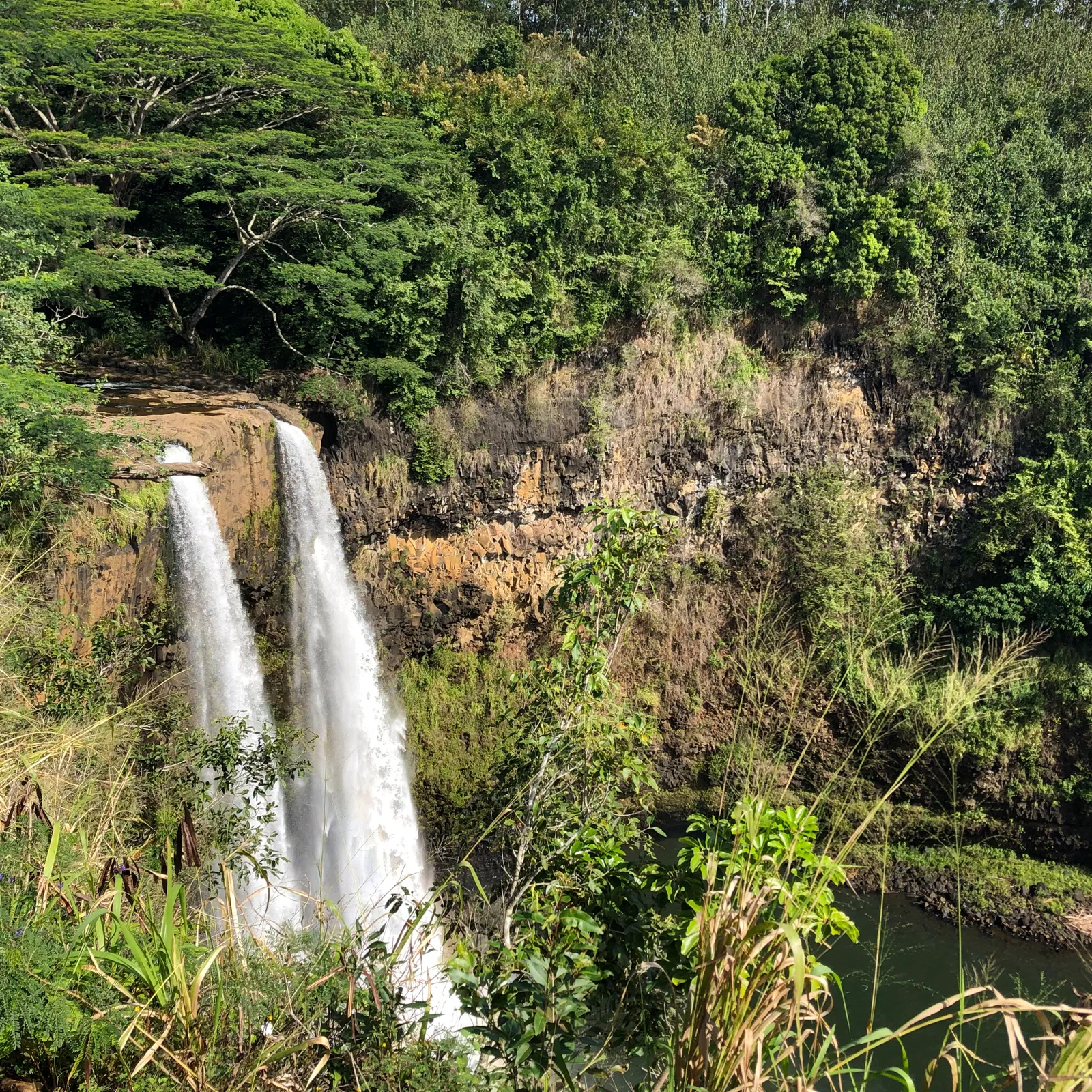Grades 3 - 6
- Algae Adventure
Students learn about kelp, a specific kind of algae that grows into dense underwater forests. Are they like plants? How do they grow?
Over and Under the Waves
by Kate Messner
Amazing Appalachians
Students learn about plate tectonics by exploring the Appalachian Mountains. How old are they? And how did they form? Find out!
Bumble Bee Boogie
Explore the life of bumble bees with your students by following the growth of a hive. Who lives there, and what do they do?
Celebrating Cicadas
The cicadas were special visitors to Maryland this past summer. In this lesson, students will learn about periodical cicadas and how to observe them in their local environment.
Do Mountains Last Forever?
Why are some mountains so tall? And others relatively short? In the lesson, students learn about the effects of weathering and erosion on different mountain ranges around the world.
Mr. Trash Wheel
Students find innovative solutions to environmental problems by learning about Baltimore's very own Mr. Trash Wheel!
Oyster Gardening
Students find out all about oysters and how they support the health of the Chesapeake Bay.
Save the Bay! (12 lesson unit)
Engage students to solve real environmental problems in the Chesapeake Bay watershed. Students will learn about the Bay's physical and ecological characteristics, the current issues in the watershed, and how they can take action to help solve these problems.
Turtle Triathlon
Discover the world of Loggerhead turtles by following them on their journey, starting at the beach where they were born. On your mark. Get set. Go!
Grades 4 - 6
- Freshwater, Saltwater
Students learn about the Chesapeake Bay, the largest estuary in the United States, and what happens when fresh water and salt water mix.
Natural Selection
Students explore natural selection, using camouflage as a case study to learn how the distribution of traits in a population can change between generations.
Grades 4 - 9
- How Do Scientists Know Things?
This nature of science activity is perfect for scaffolding students as they develop their observation and questioning skills in science.
Grades 6 - 9
- It's a Gassy World!
Students explore issues related to climate change while answering the driving question: “Will warming oceans be better or worse at absorbing carbon dioxide?”
Grades 6 - 12
- Looking Backward, Looking Forward
Students act as paleoclimatologists as they gather interpret data to infer Maryland's climate over the past 12,500 years.
Ocean Acidification and Oysters
Students learn about the process of ocean acidification while working to answer the driving question "How will increasing amounts of carbon dioxide affect oysters?"
Grades 7 - 12
- Cicada Chorus
2021 was the year for Brood X cicadas to emerge in Maryland! In this lesson, students will compare annual and periodical cicadas, and learn about the three species of cicadas that in Brood X.
Crime Scene Investigation (13 minute video)
This video supports lessons centered on the process of DNA gel electrophoresis. Students are introduced to the process of gel electrophoresis and are challenged to compare banding patterns of DNA found at a crime science to samples taken from several suspects.
Observing Fermentation (2.5 minute video)
This video allows students to observe the process of fermentation using yeast, sugar, and water.
Grades 9 - 12
- Bird Migration and Climate Change
Students learn about the research of a local scientist as they work to answer the driving question: Are bird migration patterns changing? Dr. Emily Cohen leads students through a series of investigative questions based on her work studying migration patterns in birds. This activity is designed for upper level high school students and fits well in biology, environmental science or research methods classes.
Investigating Influenza
Students discover how viruses work, and how our immune systems respond to them. They explore how viral infections can be detected using an ELISA (enzyme-linked immunosorbent assay) to test patients' blood serum for antibodies against the virus.
Looking into Lactase
Students uncover how enzymes work by learning about how a pharmaceutical can be used to treat lactose intolerance in humans.
Combustion of Steel Wool (3 minute video)
This video allows students to investigate the effects of combustion on the mass of steel wool.
Demystifying Diffusion (4 minute video)
This video allows students to explore the relationship between surface area and diffusion rate.
Flame Test (14 second videos)
These videos can support the common 'flame test' lab activity in which students must figure out whether the cation or the anion determines the color of the fire when a compound burns.
Making Salt (7 minute video)
Join us as we react sodium hydrogen carbonate (aka baking soda) with hydrochloric acid (like the acid found in your stomach) to produce sodium chloride (table salt), carbon dioxide and water.
Unknown Substance Identification (2 minute videos)
This video is perfect for chemistry or forensic science classes. Videos show how eight known over-the-counter medications react to several different chemicals. Students can then be challenged to identify up to ten of the 'unknown' samples, using evidence and reasoning gained by comparing them to the known samples.
Grades 11 - 12
- Bacterial Transformation
Students utilize recombinant DNA technology to make E. coli bacteria glow. After inserting a plasmid specifically engineered with the DNA sequence for a Green Fluorescent Protein (GFP), a gene that confers antibiotic resistance, and an inducible promotor into E. coli cells, students visualize the results under a UV light. Students are challenged to calculate the efficiency of the transformation process.
Other resources I've discovered lately that I don't want to forget about are
Science Education at Jefferson Lab
Science Demonstrations for Young Learners
Understanding Ocean & Coastal Acidification: Teacher Resources (NOAA)
online modules for students in grades 9-12
other topics include El Niño, Sea Level, Coral Bleaching, and Water Quality
This post contains affiliate links to materials I truly use for homeschooling. Qualifying purchases provide me with revenue. Thank you for your support!





 Immersive Experience
Immersive Experience Immersive Experience
Immersive Experience






No comments:
Post a Comment